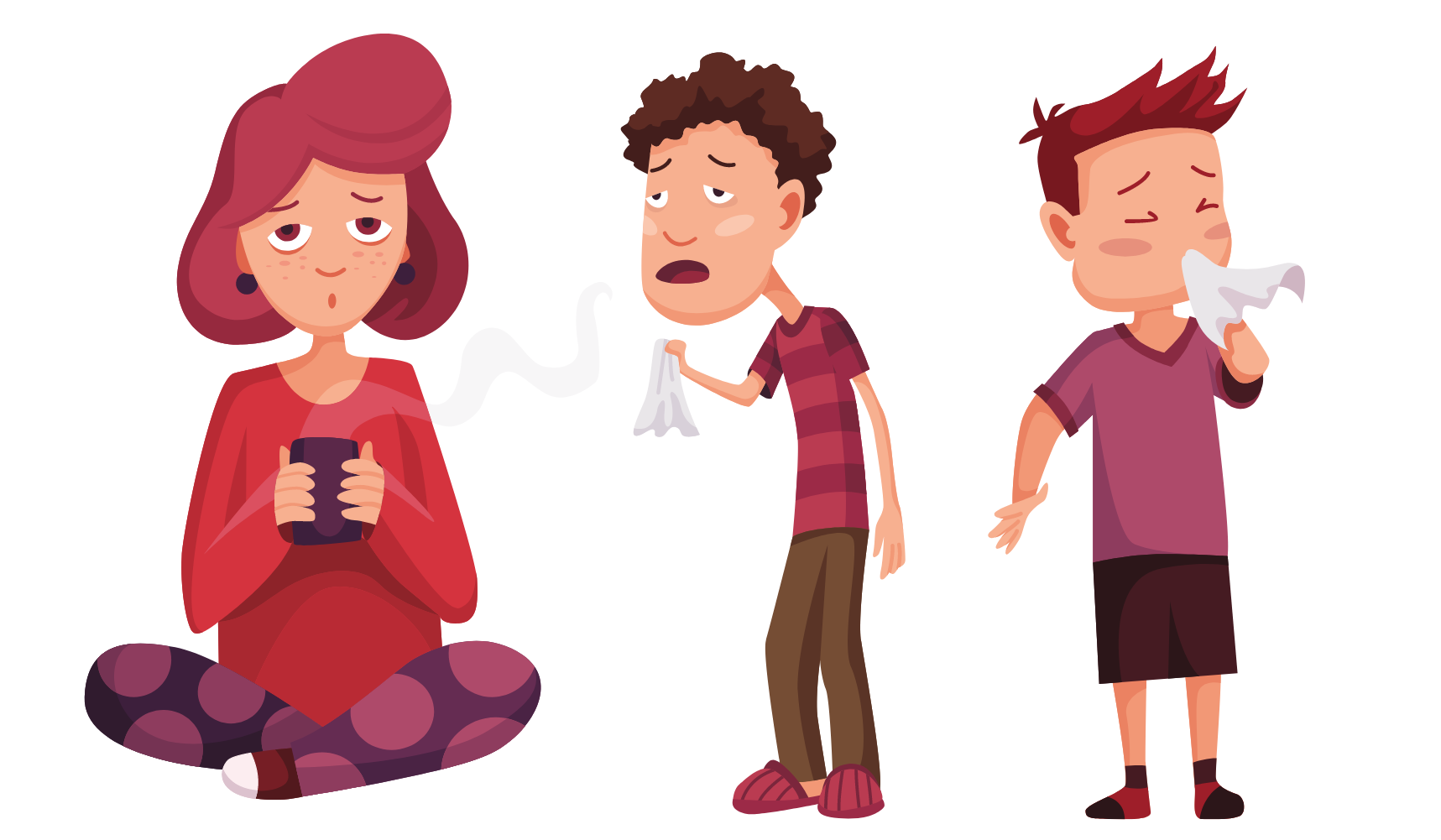Common Cold

What is Common Cold?
The common cold is a viral infection that affects the upper respiratory tract, including the nose and throat.
Who’s at risk for Common Cold?
Anyone can develop the common cold, but it is more common in children, particularly those who attend school or daycare.
What causes Common Cold?
The common cold is caused by a virus, typically the rhinovirus, which is spread through contact with respiratory secretions from an infected person.
How does Common Cold start?
The common cold may develop slowly over a few days, with symptoms such as a runny or stuffy nose, sore throat, and cough.
What are the symptoms of Common Cold?
The symptoms of the common cold may vary from person to person, but common symptoms may include:
- Runny or stuffy nose
- Sore throat
- Cough
- Sneezing
- Headache
- Fatigue
- Body aches
How is Common Cold diagnosed?
The common cold is diagnosed based on characteristic symptoms and a physical examination. Testing is not typically necessary.
How can Common Cold be treated?
Treatment for the common cold involves managing symptoms through rest, hydration, and over-the-counter medications, such as pain relievers, decongestants, and cough suppressants. Antibiotics are not effective against viral infections, such as the common cold.
What complications may occur with Common Cold?
Complications from the common cold are rare, but in some cases, the infection may lead to more serious conditions, such as bronchitis or pneumonia.
How can I prevent Common Cold?
Preventing the common cold involves practicing good hygiene, such as frequent handwashing and avoiding contact with infected individuals. A healthy lifestyle, including regular exercise and a balanced diet, may also help boost the immune system and prevent infections.
Long-term management of Common Cold
Long-term management of the common cold is typically not necessary, as the infection typically resolves within a week or two without complications. However, individuals with compromised immune systems or underlying medical conditions may be at increased risk of complications and should seek medical attention if symptoms worsen.
What is recent research saying about Common Cold?
Recent research has focused on identifying potential new treatments for the common cold, as well as exploring the role of the immune system in fighting viral infections.
Where can I go for more information on Common Cold?
The Centers for Disease Control and Prevention and the National Institute of Allergy and Infectious Diseases provide up-to-date information on the common cold, including preventative measures and treatment options.

